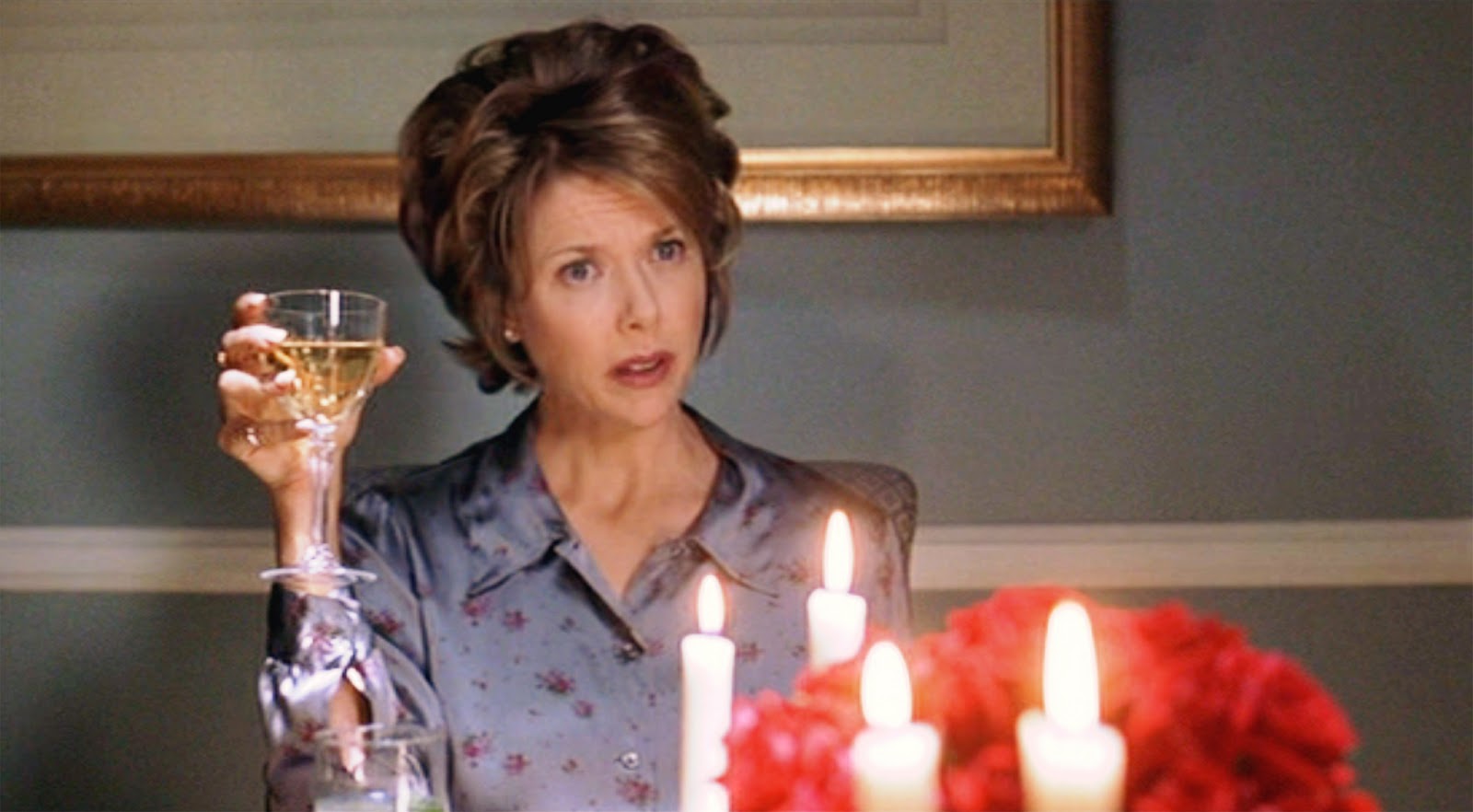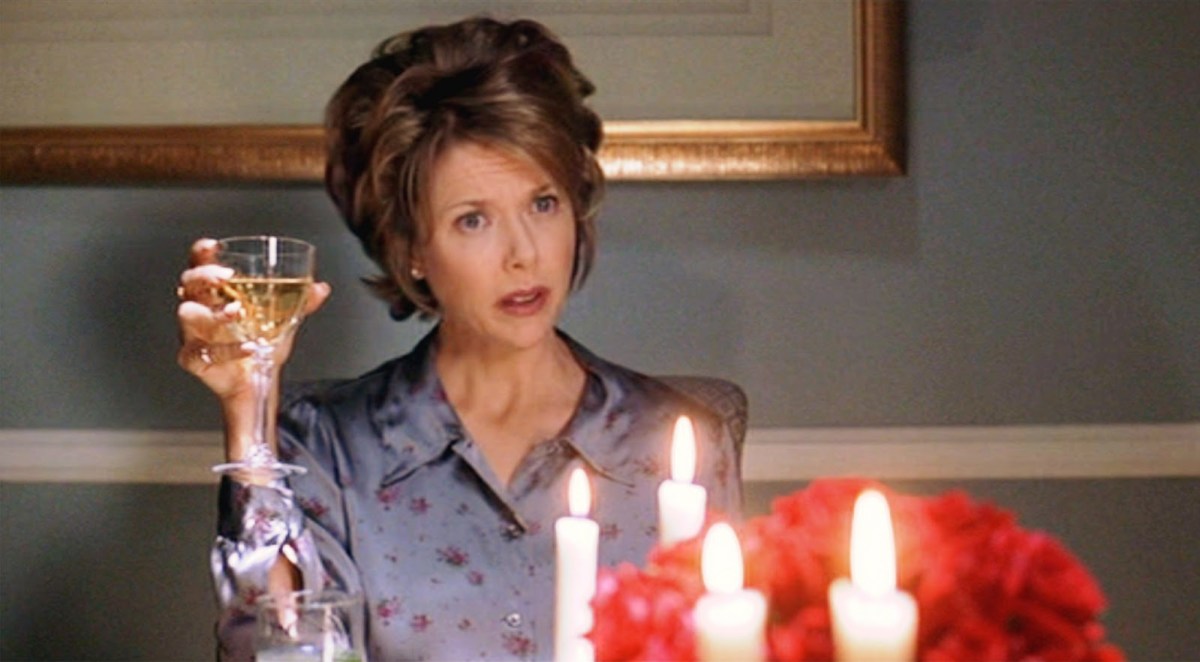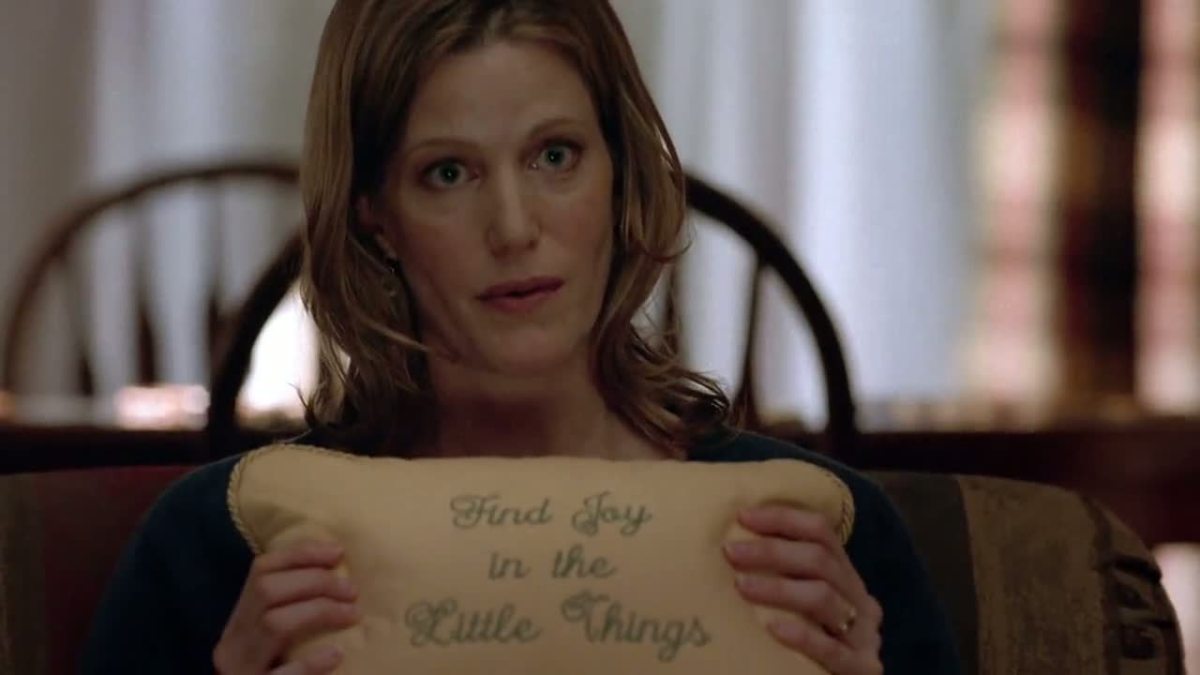On Rethinking All the Narratives About Women We Used to Accept Before We Knew Better


There’s a great piece over at The Muse today about female characters in films from the recent past that were framed as either villains, or as unsympathetic in relation to their male protagonists, as well as the way many of us, in our ignorant youths, totally bought into those narratives. That is, until we grew up to realize that those women were actually better than the male protagonists and deserved much more than to be maligned by their own plots.
The one that hit me right in the feels is the section about American Beauty. When I was a teenager, that movie was one of my favorites. I was at a point in my life where that video footage of a floating plastic bag felt so deep, you know? And I was completely on board with sympathizing with the put-upon protagonist Lester Burnham (played by real-life scumbag, Kevin Spacey). I totally understood the way he felt hemmed in by his own life and wanted to break free of it any way he could.
Probably because I was a teenager.
Meanwhile, his wife Carolyn (Annette Benning) is framed as a career-hungry, superficial, sterile nag from whom it is understandable that Lester would stray. Never mind that he “strays” with the attempted statutory rape of a teenage girl (before he thinks better of it and stops himself, thank God).
Now, don’t get me wrong, I totally knew he was a creeper when I was a teenager. What I’m startled by is how willingly I was able to brush that aside, because the film centers his feelings and is designed to make the viewer sympathize with him. Films like this totally fueled my internalized misogyny, as I’m sure it did for others.
As The Muse’s Kristen Bartlett writes:
“When I was Angela’s age, I fully bought into this narrative. I had the soundtrack and even cheered Lester on as he escaped the imprisonment of…well, just being an adult, I guess. Nowhere in my heart did I reserve empathy for Annette Bening’s character, Carolyn, Lester’s so-called nagging wife who chastises him for jerking off while she’s trying to sleep, and kills the mood out of fear that he’ll spill beer on her Italian silk couch.
Well, bish, it’s 2018, and it turns out, Carolyn was fucking right.”
The piece goes on to talk about similarly maligned female characters from other male-centered narratives: Avery Bishop in Jerry Maguire, Knives Chau in Scott Pilgrim Vs. the World, Dr. Melissa Reeves in Twister, Violet Beauregarde in Willy Wonka & the Chocolate Factory, and most pointedly, “Every Woman in a Woody Allen Movie Who Didn’t Want to Date Woody Allen.” There’s an awesome supercut of scenes featuring those women that you should definitely check out.

Reading this piece made me think of another male protagonist who is a horrible person with whom we’re supposed to identify at the expense of the women around him. Breaking Bad’s Walter White, whose wife Skyler got an unfair and unbelieveable amount of hate just because she expected him to be practical sometimes.
After all, being a murdering, cold, and calculating drug kingpin is cool. And the greatest crime a woman can commit against a man is to “emasculate him” by “taking away” the thing that makes him “cool.”
The thing is, I don’t believe the answer lies only in fixing female characters in male-centered narratives like this.
Because there is a part of me that genuinely does identify with characters like Walter White, because I know what it’s like to feel entitled, to feel like your life is “beneath you” and you’re the “smartest person in the room.” The problem is, we never see stories about women who feel that way. Film narratives tell us that “men are the man-babies who, nonetheless, deserve to have the answers to their tantrums delivered to them on a silver platter, so we feel really bad for them when they aren’t” and that “women are the overly-practical nags standing in between these men and their freedom.”
I shouldn’t have to identify with a male creeper because there are no movies about my oncoming midlife crisis! Our society likes to treat the Male Mid-Life crisis as special. As if it’s this unique thing that only men experience. Well, guess what?
While men spend a good chunk of their late 40s-early 50s mulling over the imagined slights they’ve experienced in their lives, women have already long been dealing with actual slights. By the time women get to mid-life, best believe there’s stuff they feel deprived of that they’re angry about. Yet, very little in pop culture nurtures, encourages, or allows for women to be angry in that context, and so we’re left to identify with horrible, horrible men.
Walter White resented the fact that despite his intelligence, his partner in scientific advancement ended up being the one with the thriving business and the hot wife. Despite what he tells himself about committing the crimes he commits “for his family,” the fact is that he sees his wife and children as hindrances to the life he thought he deserved.
Never mind that there was never anything truly stopping him but his own resentment. Meanwhile, did he ever care at all about Skyler’s dreams and what she wanted from her life?
The antidote to these maligned female characters is in creating film and television narratives that center women in mid-life and the crises they experience. Stuff like Eat, Pray, Love and How Stella Got Her Groove Back are good starts, but films like that make it seem like all a woman really needs when she feels deprived is to get laid real good. Now, I’m all for women getting laid and having lots of orgasms, but male characters get to have dreams and desires for their lives beyond their libidos.
It’d be nice for female characters to have that same opportunity.
(image: Dreamworks)
Want more stories like this? Become a subscriber and support the site!
—The Mary Sue has a strict comment policy that forbids, but is not limited to, personal insults toward anyone, hate speech, and trolling.—
Have a tip we should know? [email protected]